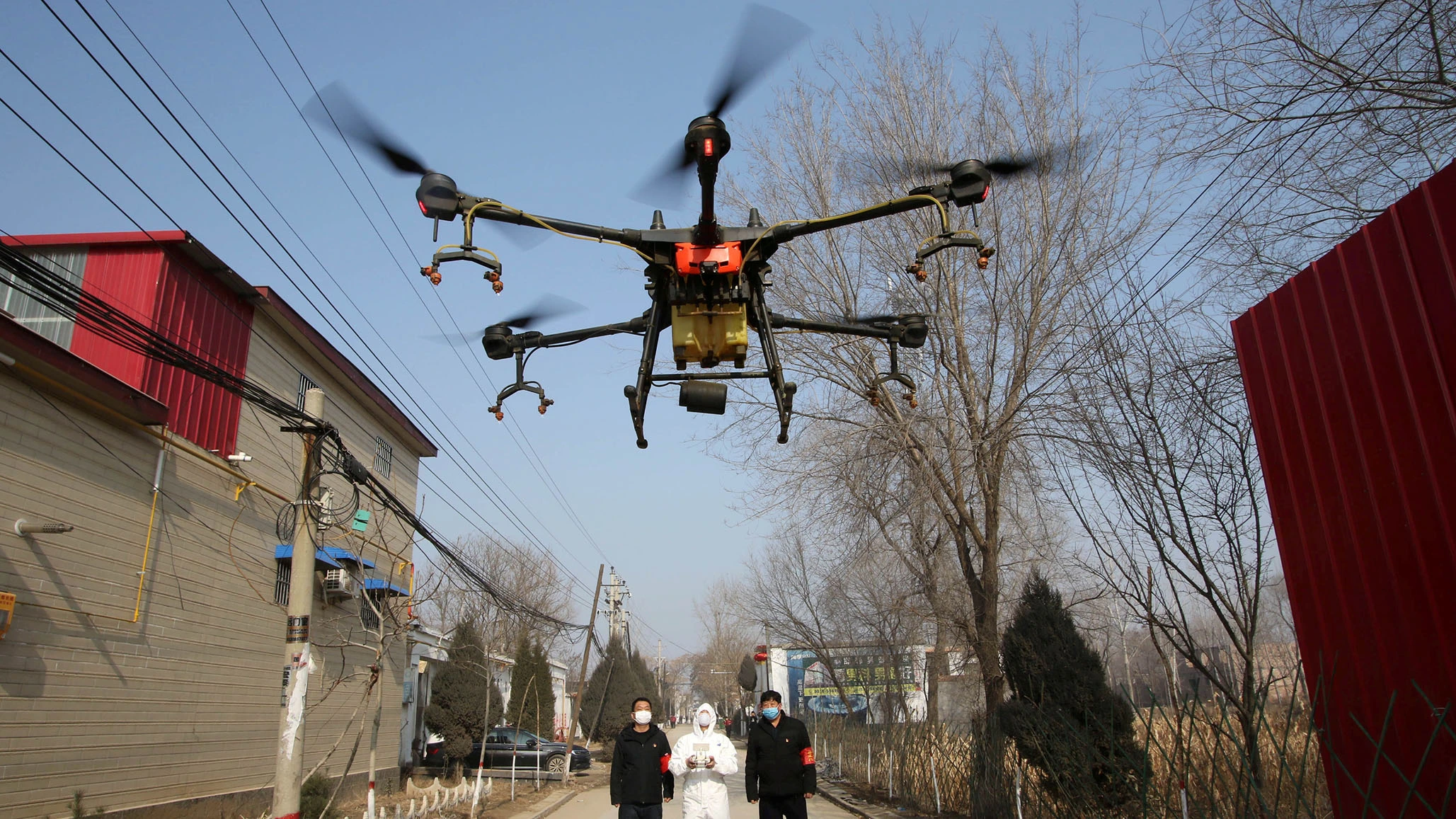Representatives Dave Joyce (R., Ohio) and Jake Auchincloss (D., Mass.) have proposed a bill, the Securing Our Airspace from Reconnaissance (SOAR) Act, to prevent foreign surveillance by banning the use of federal funds to buy or operate drones from foreign entities. The SOAR Act aims to address potential threats posed by foreign-made drones by prohibiting the use of taxpayer dollars for acquiring drones from entities connected to hostile countries, including China. Government officials seeking exceptions to this ban would have to notify Congress and request a waiver, subject to an annual review if approved. The bill would also empower the secretary of defense to partner with private-sector companies to produce secure drones, fostering a robust domestic drone industry.
FDD Action, a nonpartisan organization that advocates policies promoting U.S. national security, endorsed the legislation, stating that “this long-overdue legislation places penalties on those companies that produce spy balloons for the Chinese, prohibiting these companies from contracting with the US government.” Joyce argues that drones manufactured in hostile countries, especially China, pose a direct threat to U.S. national security, characterizing these foreign-made drones as “Trojan horses” collecting data for manipulation by hostile foreign entities.
Joyce suggests that reinvigorating American technological prowess is an opportunity to “reshore” drone manufacturing, potentially through modifications to the tax code as one of the potential incentives to boost domestic production as long as it’s revenue neutral. The SOAR Act provides for waivers, allowing entities to continue using foreign-made drones under certain circumstances, subject to an annual review of the waivers.
The SOAR Act has bipartisan sponsors and two supporters already on board, with good prospects for passage. Joyce believes the SOAR Act could also alleviate some privacy concerns regarding the drone industry by removing the influence of hostile foreign powers from the manufacturing process. With great-power competition and the technological capabilities of hostile states at the top of the national-security agenda, the SOAR Act stands as a worthy attempt to secure American airspace and reclaim our technological sovereignty.

